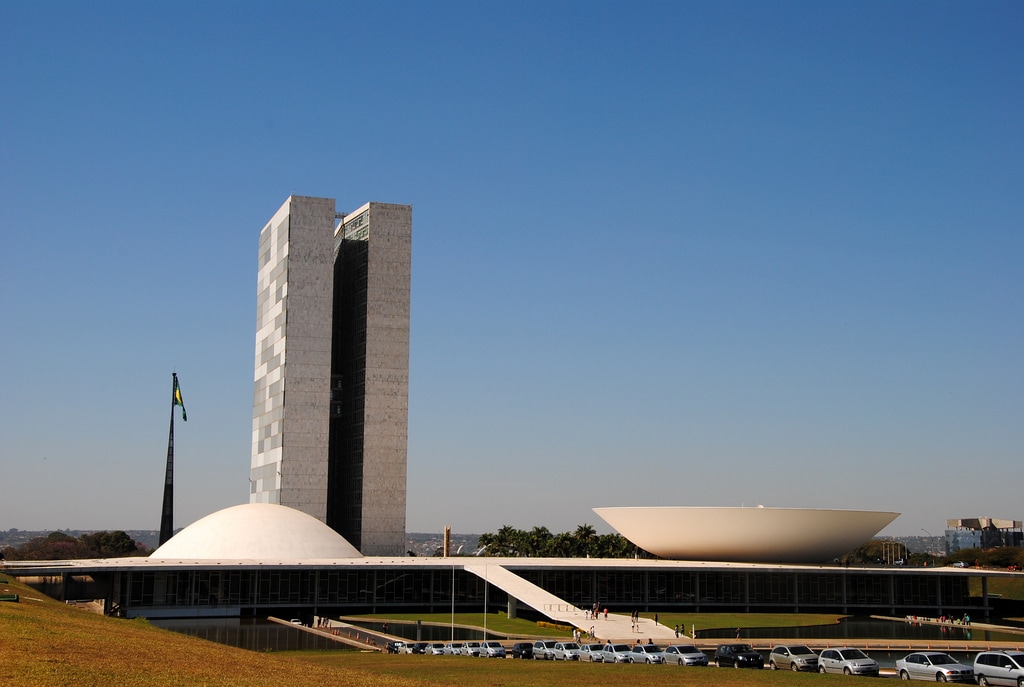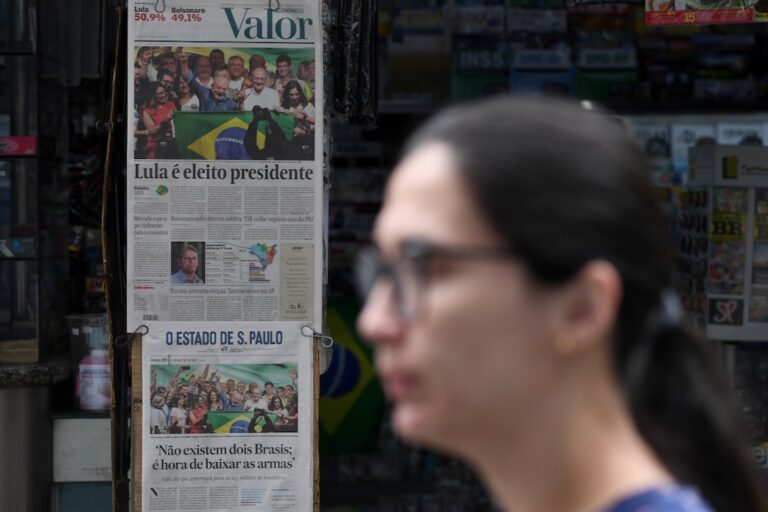ARTICLE 19 is urging the Brazilian Congress to adopt “Marco Civil da Internet” Bill, a new law that offers progressive protection for freedom of expression online and establish guidelines for the regulation of the internet in the country.
ARTICLE 19 is urging the Brazilian Congress to adopt “Marco Civil da Internet” Bill (the Bill), a new law that offers progressive protection for freedom of expression online and establishes guidelines for the regulation of the internet in the country. Congress is currently in the process of reviewing the Bill.
The original draft of the Bill includes protection for the right of freedom of expression, restricts data retention, and offers protection to online companies – including search engines and social media platforms – from being penalised for the actions of their users.
ARTICLE 19 cautions against amendments to the Bill and in particular warns that any alteration to Article 15 of the original draft Bill will risk imposing a regime of liability on internet intermediaries, to the detriment of the right to freedom of expression.
ARTICLE 19 believes the Bill in its original form represents a progressive piece of legislation in line with international standards on the right to freedom of expression. It also guarantees network neutrality and introduces a court order system for internet intermediaries.
“The Marco Civil Bill is vital to ensure full protection of the right to freedom of expression on the Internet. ARTICLE 19 supports this truly progressive law. For example, if approved, Brazil will be one of the first countries in Latin America to guarantee network neutrality in Latin America – a vital and much needed step towards ensuring Internet freedom on the continent” said Paula Martins, Director of ARTICLE 19 Brasil.
Process of adopting the Bill:
ARTICLE 19 welcomes the process that led to the Bill, which included a broad consultation and collaboration with various stakeholders and is an example of how important public policies and legislation should be developed.
The process started as an initiative of the Ministry of Justice. In partnership with the Center for Technology and Society of the Getulio Vargas Foundation, the Ministry undertook a collaborative process in which stakeholders worked together to identify the rights and responsibilities that must guide the use of the Internet in Brazil.
Positive features of the Bill
ARTICLE 19 believes that Marco Civil is a positive piece of legislation:
It offers guarantees for the protection of freedom of expression and the right to privacy on the Internet.
It includes progressive provisions on intermediary liability; as internet service providers (ISPs) can only be held liable if they fail to comply with a court order requiring them to remove or block access to third party content.
It provides that Internet users will only be identified and their data communications disclosed at the request of a court order and limited to instances of criminal investigations and prosecutions.
However, caution is needed in the following areas:
Net neutrality: ARTICLE 19 warns against any changes to the text of Article 9 in the Bill, which deals with network neutrality. Attempts to alter this commitment would have a direct and unacceptable effect on the free flow of information, ideas and opinions online in Brazil.
Data protection: Whilst ARTICLE 19 welcomes attempts by the Brazilian government to protect internet users in Brazil from abusive surveillance, it must be noted online data might be subject to surveillance as it travels through global online networks that are beyond Brazilian jurisdiction. Provisions requiring that the online communications data of Brazilian citizens be stored in Brazil will do nothing to prevent against the possibility of this intrusive surveillance happening elsewhere.
Intermediary liability: ARTICLE 19 objects to including exceptions for the notice and notice mechanism for intermediaries in cases of copyright protection. Including exceptions to the procedure of removing content and accountability of intermediaries in cases of copyright infringement is unjustified and undermines the project as a whole.
Read the letter ARTICLE 19 sent to the Brazilian Congress (Portuguese)



